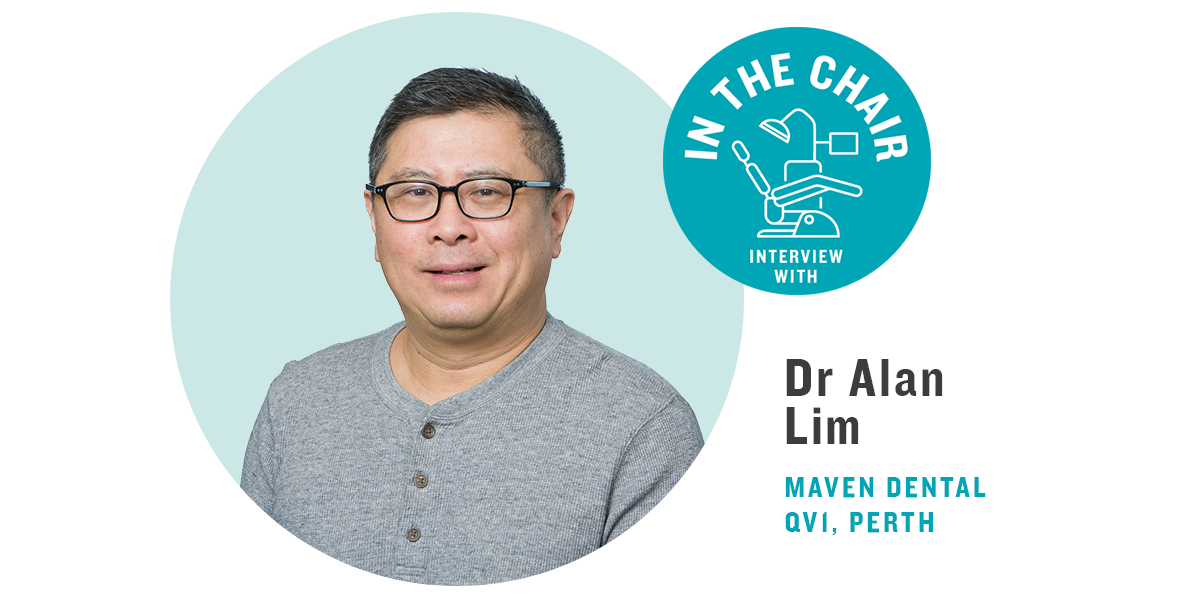
40% of all adults snore regularly and up to 80% of snorers have sleep apnoea but most people don’t even realise they have it. While more commonly diagnosed in men and women, children may also be prone to sleep apnoea. If left untreated, sleep apnoea can lead to serious medical conditions such as diabetes and heart disease. We spoke to Dr Alan Lim from Maven Dental QV1 Perth to answer some of the most frequently asked questions about sleep apnoea.
How can I tell if my snoring is sleep apnoea?
Snoring is caused by collapsed airway tissue that partially obstructs breathing. The vibration of this tissue causes the characteristic sound. Normal snoring does not affect your quality of life, but snoring associated with sleep apnoea can be damaging to your overall health. Frequent, disruptive snoring accompanied by pauses in breath or shallow breathing, fatigue, and restlessness may be indicators of sleep apnoea.
Why do I snore more intensively after drinking alcohol or when I sleep on my back?
When you drink alcohol, your muscles become more relaxed so the tongue and other tissues in the throat relax and can close off the upper airway more easily.
When you sleep on your back, the lower jaw falls back and encourages the tongue to close off the airway, hence the increased snoring and pauses in breathing.
What does Obstructive Sleep Apnoea mean and what are some of the health issues related to this medical condition?
Obstructive Sleep Apnoea, also known as OSA, occurs during sleep when some of the muscles in the airway and throat relax. When this happens the soft tissue in this air space may collapse and close, obstructing the airway. An apnoea event occurs when there is obstruction of the airway for ten seconds or longer. Some of the symptoms include loud persistent snoring, excessive daytime sleepiness, choking or gasping for air during sleep and morning headaches. If you leave it untreated, OSA leads to fatigue, weight gain, reduced cognitive function, and is linked to diabetes, depression, heart disease, and other serious health conditions.
What can put you at increased risk for developing OSA?
If you are obese/overweight, have a large neck or tongue and extra tissue or crowding in the airway, or a small, narrow jaw with crowded teeth you are at an increased risk for OSA.
How do you test for sleep apnoea?
Based on your symptoms and signs you might need to do overnight monitoring of your breathing and other body functions during sleep. Usually, home sleep testing is an option where you measure your heart rate, blood oxygen level, airflow and breathing patterns. We offer a level 3 sleep test, which is very close to an in lab test (level 4) and is the most accurate sleep test you can do at home. If you suffer from sleep apnoea, the test results will show drops in your oxygen level during apnoea events and subsequent rises with awakenings.
What treatment options are available?
There are three main treatment methods for obstructive sleep apnoea. These are continuous positive airway press (CPAP), surgery and oral appliances.
- CPAP is very effective in treating obstructive sleep apnoea, but long-term compliance is a problem for some people as it can be difficult to sleep with. It is made of an air pump and mask which are joined by a tube that delivers air under low pressure into the open airway, which makes it easier to breathe.
- Surgery can be an option for some sufferers.
- Oral Appliance therapy is a simple and effective way to treat sleep apnoea. The appliance is designed to position the lower jaw forward and help prevent the collapse of the soft tissues that obstruct the airway during sleep. It is best suited to people who have good dental health and who do not have a pre-existing problem with their jaw joint.
Dr Alan Lim has been involved in sleep dentistry and the use of oral appliances for more than 20 years. For the last 3 years he has solely recommended Oventus Clearway device and as Perth’s first Oventus clinician he has treated hundreds of patients and has worked closely with the Oventus clinical team.
He has just completed a yearlong clinical research trial at the UWA sleep centre on the efficacy of Oventus appliances.
Dr Lim has had a very good patient response to the Oventus Clearway and he believes the difference in the Oventus is that it has all the benefits of other oral sleep appliances such as holding the jaw forward with the addition of the unique separate airway only found in the Oventus device.
Dr Lim finds the device is useful for patients who:
- Snore
- Have sleep apnoea
- Have difficulty tolerating a CPAP machine
- Travel a lot and do not wish to travel with their CPAP
- Suffer from nasal congestion and cannot use a CPAP
- Are very ill and or medically compromised
So if you find yourself feeling tired all the time or struggling to sleep, book a free consultation with Dr Alan Lim today. Simply fill out the form above with your details and our friendly Maven Dental QV1 Perth team will be in contact to arrange your appointment.